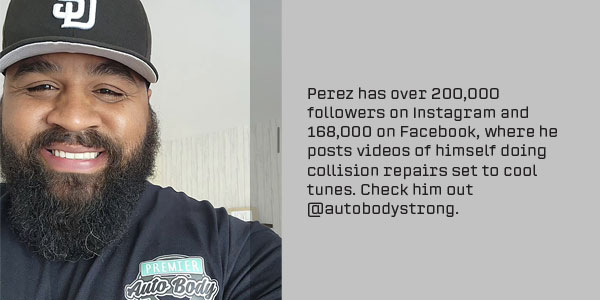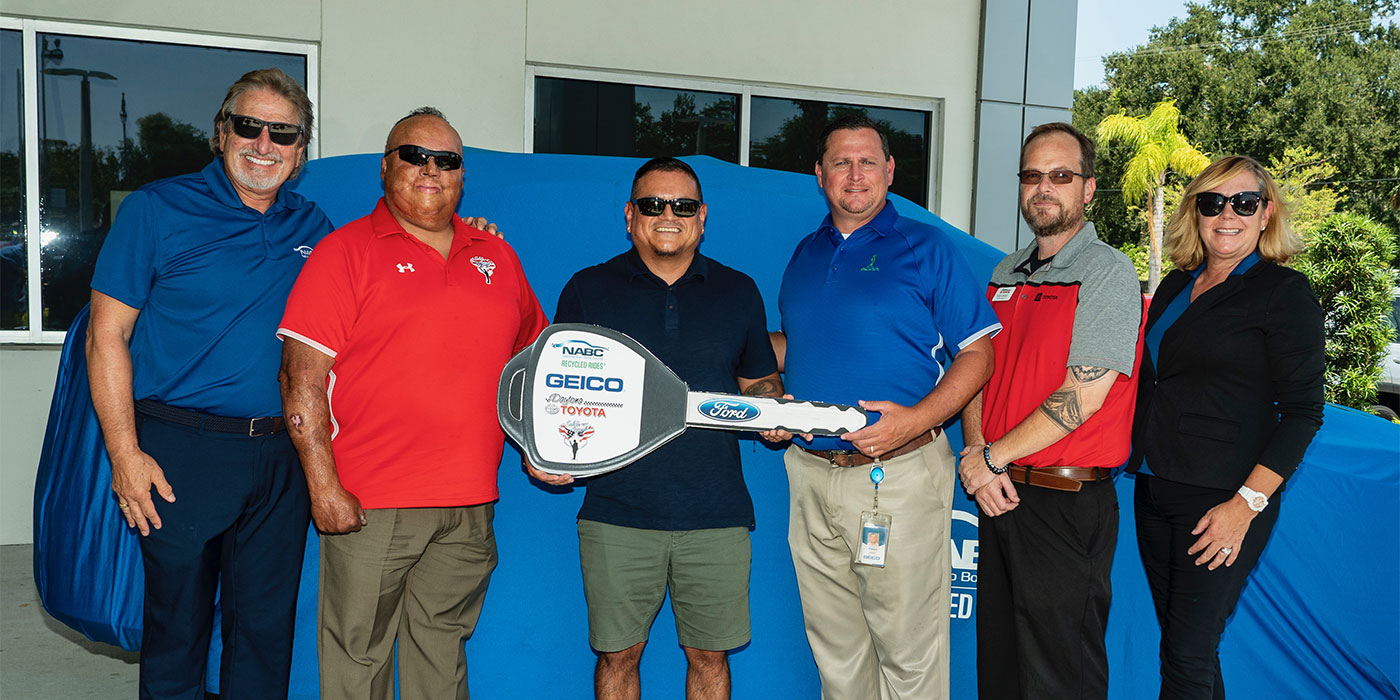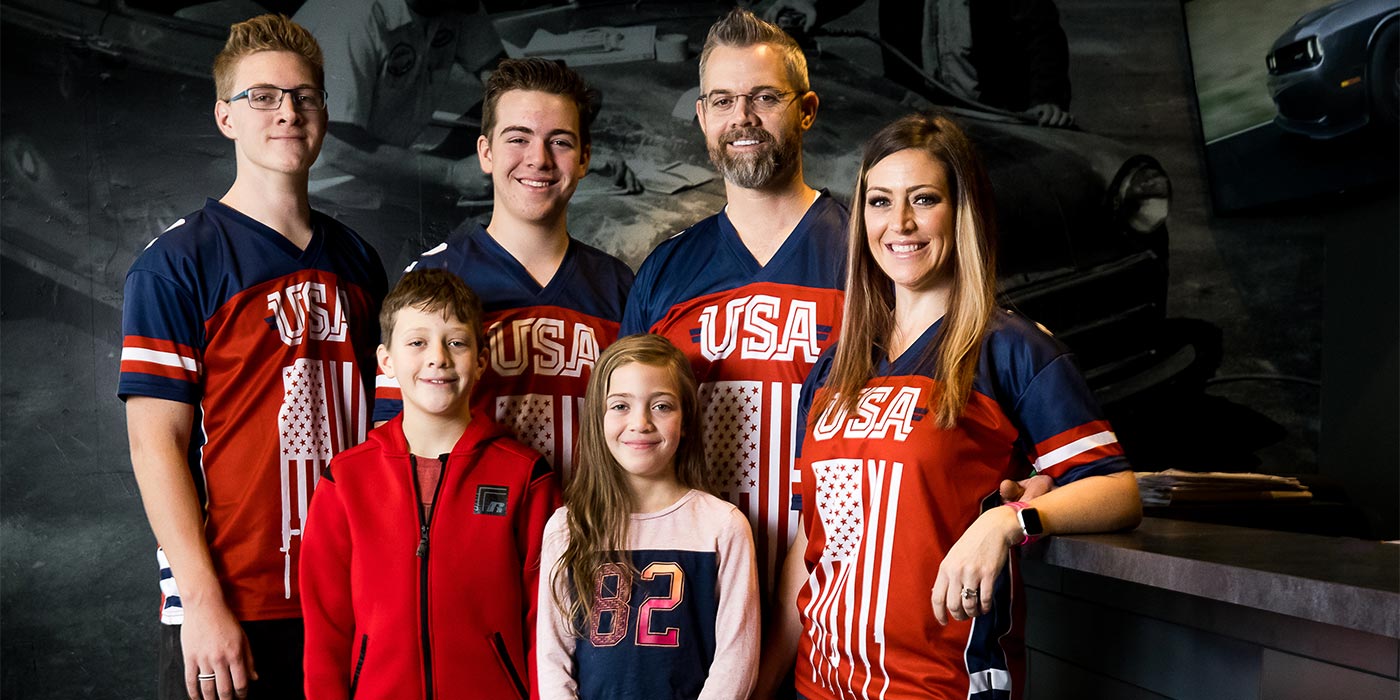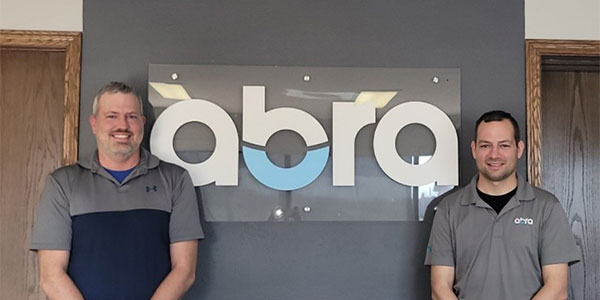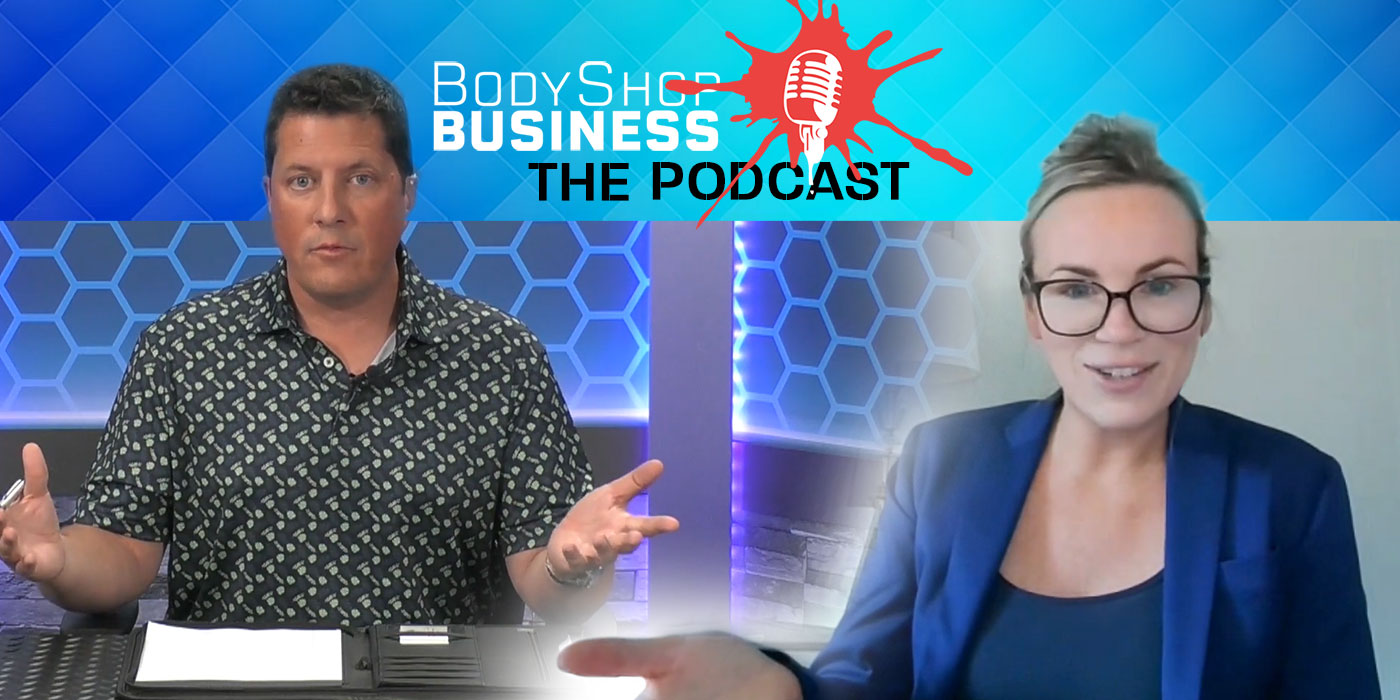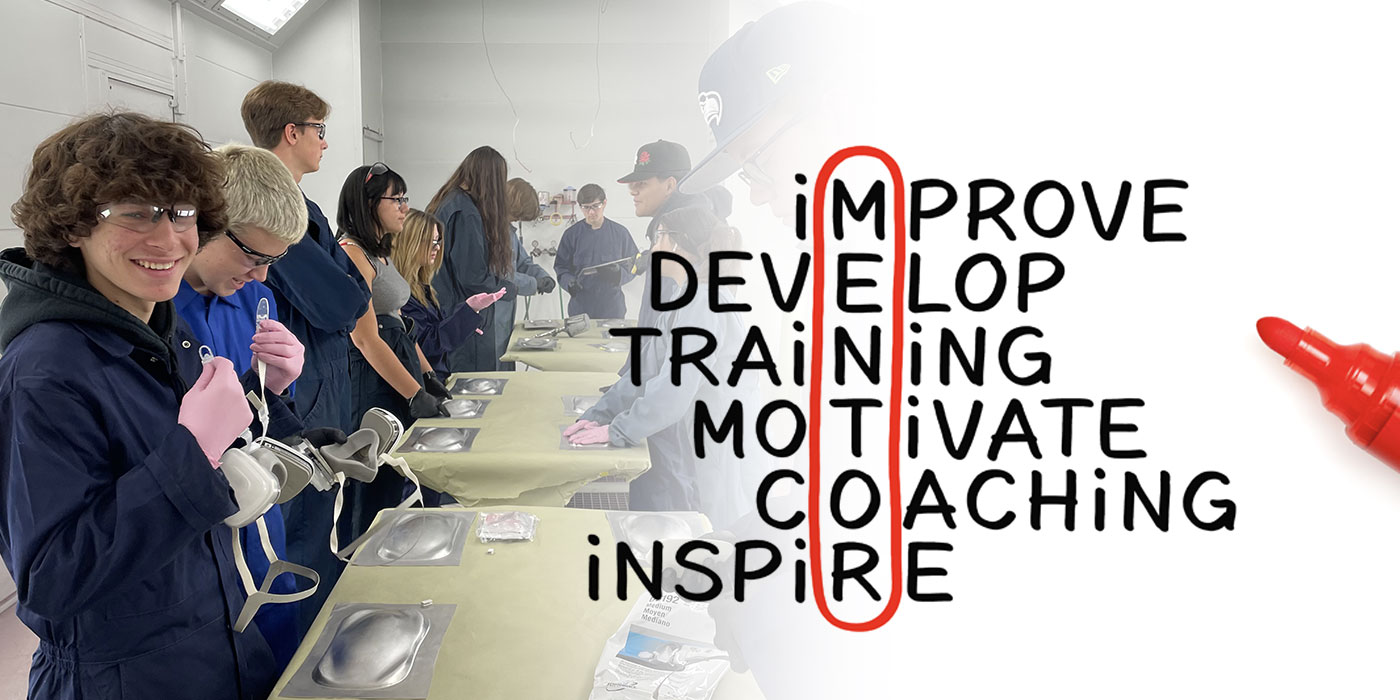Though most collision centers across the country have had their fair share of challenges in recruiting and retaining technicians over the last several years, there are solutions that have offered some relief to the age-old problem of finding a good technician.
Finding a good “wrench” was a significant problem in the industry before the advent of COVID, but these unprecedented times have made the problem even worse and forced many collision center owners to rethink their approaches to their teams.
A Change in Approach
According to Forbes, approximately 50% of workers are now considered millennial, which means we have to change the way we approach our employees.
Millennials want more flexibility in their careers. Unfortunately, though, the technology to remotely repair a vehicle from the comfort of your couch has not hit the industry yet. As employers, the tools we used to get to 2022 are not the same tools we’ll need to retain the technicians we want for the future. Talented painters, estimators, foremen and technicians may be a collision center’s most important asset, and losing them could be its biggest liability. This means rethinking the way we attract and retain talent.
Non-Qualified Benefits
Many owners are familiar with qualified retirement and benefit plans such as simplified employee pension (SEP), Simple or 401(K). These qualified plans offer meaningful tax advantages and significant benefits, but there are rules regarding contribution limits, early withdrawals, minimum distributions and vesting schedules. However, there are other options that could appeal to collision shop owners moving forward that could provide the competitive edge you need to attract that A-plus technician or painter.
Non-qualified benefits are designed for owners or key employees. Yes, you read that right: These plans allow you to offer supplemental benefits to those employees you choose in addition to their regular qualified plan benefits. A non-qualified benefit plan helps your company protect itself against the loss of the people who make the most significant contributions. Whether the loss is caused by a key employee’s departure, disability or death, your company can reduce the economic setback created by the loss.
These programs can also provide you or your key employees supplemental ways to save for the future. The intent is to create an agreement between the employer and one or more of the employees in an exchange that will benefit all parties. Typically, we look at the following types of non-qualified benefits:
- Bonus plans. Provide additional income to you or your key technician that can be used to purchase insurance, annuity or investment products
- Executive deferred compensation plans. Allows you or your key employees to forego receipt of a portion of current income until a later date, typically retirement
- Supplemental executive retirement plans. Allows you to promise to pay additional income to yourself or your key employees at a later date.
Some of these plans can incorporate vesting schedules to incentivize a long-term relationship with your employees — giving you the peace of mind to invest in your employees with further education and training without the fear of losing them to a competitor.
Summary
A financial advisor can help you tailor these plans to meet your business objectives without having to extend these benefit plans to everyone.




